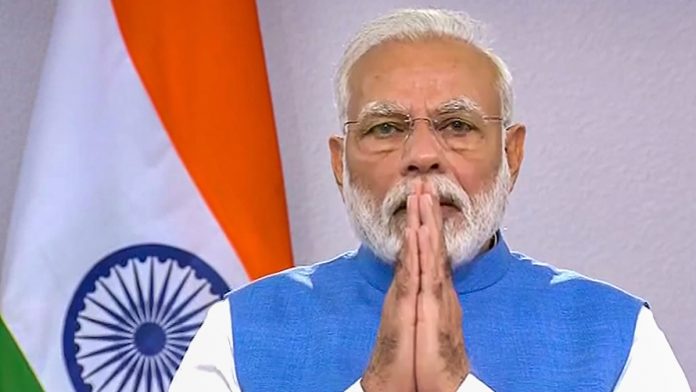Covid-19 has wreaked havoc across the globe, not only by bringing disease and death to hundreds of thousands of people, but by also dealing a death blow to economies, as country after country go on lockdown, thus devastating businesses, industry and livelihoods. Even though India is yet to witness the kind of spike in cases that the West in particular is witnessing, it is commendable on the part of the government of Prime Minister Narendra Modi to have enforced preventive measures much before some of the worst affected nations did. Now India is in the midst of an unprecedented shutdown, with public transport including trains, stopped from plying, airlines grounded, interstate transport shut down, factories closed, all business activities stalled—enough to break the back of the Indian economy, which is already in trouble. It goes without saying that the worst affected by this disruption are the poor and the marginalized, especially those who eke out a hand-to-mouth living. Even the gentlest of push can drive them to a state of penury and death by starvation, and the current disruption is much more than a push—it is an earthquake. And it is this section that needs immediate protection—a safety net. Hence it is welcome that the government has come up with a safety net worth Rs 1.7 lakh crore in just 36-odd hours after the start of the lockdown. Social unrest, street riots, looting of food grains is something that India cannot afford at a time when it is fighting a pestilence. So the package and the way it has been designed to meet the needs of the poor must be applauded for its generosity and its intention. This is in keeping with the development agenda of the Prime Minister, where he has been gradually bringing the poor and the downtrodden into the realm of welfare economics. Covid-19 cannot be allowed to dismantle the edifice of welfarism that he has been constructing over the last six years. The latest outreach to the poor has to be seen in this context. A government led by an admirer of the Mahatma cannot allow its people to starve.
At the same time, the prosperity of a nation is in the generation of wealth. Unless there is wealth generation, there cannot be wealth distribution. Several sectors have been crippled because of this novel coronavirus pandemic. Business activities have come to a halt. There is not just fear of slowdown but the possibility of negative growth. In fact it is being said that the world economy has gone into a recession. So the need of the hour is an economic stimulus. President Donald Trump’s government is infusing $2 trillion into the US economy, amounting to nearly 10% of that country’s GDP. In this context, the RBI announcement on Friday can be seen only as a starting point. It is commendable that the RBI has reduced repo rates and is injecting liquidity worth Rs 3.74 lakh crore into the system and that it is also providing a safety net for borrowers by giving them an EMI holiday of three months. But the government also needs to take a look at sectors that have been the worst hit by the coronavirus pandemic—tourism and aviation, to be specific. Of course the question is if a bailout is good enough in a situation where the country, in fact the whole world, is staring uncertainty in the face. More importantly, it is not known how deep an impact the coronavirus will leave on world economies. So is it too early to announce a bailout? But then the way India’s economy has been heading south, is there time to wait and assess the damage? For that may result in the economy going into a tailspin at a time when it is not known how long the virus-induced crisis will last. The need of the hour is a major stimulus, over and above what has already been announced, and ensuring the return of confidence in the financial system. On the day the RBI cut repo-rates and announced the infusion of liquidity in the system, the stock markets fell, signifying a lack of confidence in the government’s policies and rescue packages. The time has come to go for economic reforms at the macro level, instead of taking only a micro and incremental approach.
Use Covid-19 threat as opportunity
- Advertisement -

